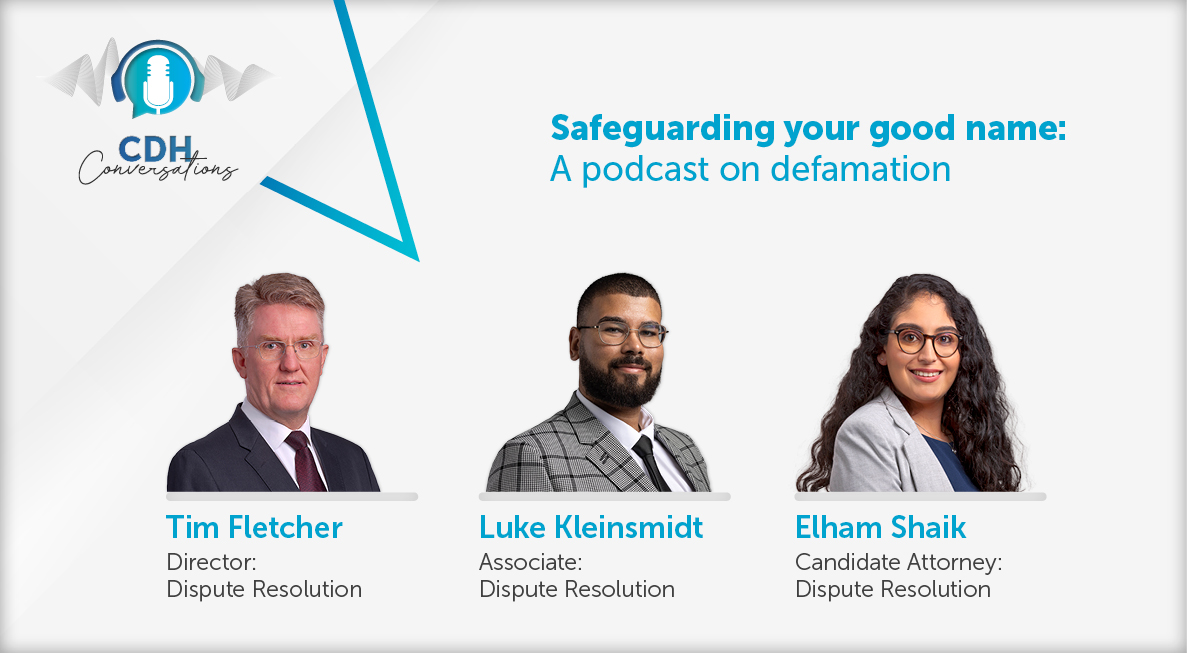Media freedom - independent regulation will not work - lawyer
Wednesday 1 February 2012, Johannesburg - In South Africa independent regulation would be the most appropriate means of regulating print media. This is according to Kathleen Rice, Director in the Technology, Media and Telecommunications practice at Cliffe Dekker Hofmeyr. Rice was speaking at the Press Freedom Commission on behalf of Pro Bono client, NGO Section 16.
“In practice, however, governments (and politicians) are seldom able to resist the temptation to interfere in the processes of independent regulators,” she said.
Rice says that by way of example, the Independent Communications Authority of South Africa (ICASA) is ostensibly an independent regulator whose independence is protected in terms of the South African Constitution and in terms of its enabling legislation.
“On paper its function is to regulate electronic communications and broadcasting in a manner that is free from political and commercial interference. Notwithstanding ICASA’s legislated guarantee of independence, ICASA’s independence is constantly under attack and, as a result of Ministerial interference and various amendments to the ICASA Act and the Electronic Communications Act, ICASA is not regarded as being truly independent,” notes Rice.
ICASA is responsible for regulating the means by which different forms of expression are conveyed. Any interference in its functions is potentially an infringement on the right to freedom of expression.
“Although government is acutely aware that ICASA is an institution that underpins freedom of expression, it persists in encroaching on ICASA’s independence. The Department of Communications is on record as stating that it does not regard ICASA as an independent entity. Given the ICASA experience, Section 16 doubts that government will respect the independence of an independent press regulator.”
Rice notes that a further difficulty with independent regulation (even if government does not encroach on the independence of the regulator) is that the media will then be regulated by people who are not experts in print media and the risk would be that decisions of such a regulatory body would lack credibility.
“Section 16’s suggestion of a self-regulatory body that is empowered, proactive and more inclusive of the public mitigates this risk,” she adds.
The information and material published on this website is provided for general purposes only and does not constitute legal advice. We make every effort to ensure that the content is updated regularly and to offer the most current and accurate information. Please consult one of our lawyers on any specific legal problem or matter. We accept no responsibility for any loss or damage, whether direct or consequential, which may arise from reliance on the information contained in these pages. Please refer to our full terms and conditions. Copyright © 2026 Cliffe Dekker Hofmeyr. All rights reserved. For permission to reproduce an article or publication, please contact us cliffedekkerhofmeyr@cdhlegal.com.
Subscribe
We support our clients’ strategic and operational needs by offering innovative, integrated and high quality thought leadership. To stay up to date on the latest legal developments that may potentially impact your business, subscribe to our alerts, seminar and webinar invitations.
Subscribe




